CHRISTIE WATSON
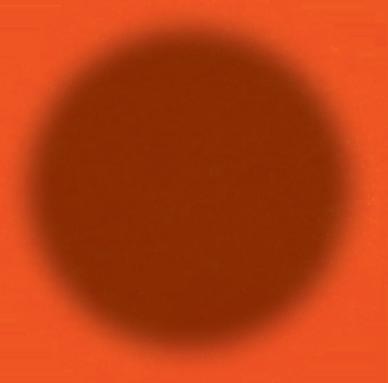

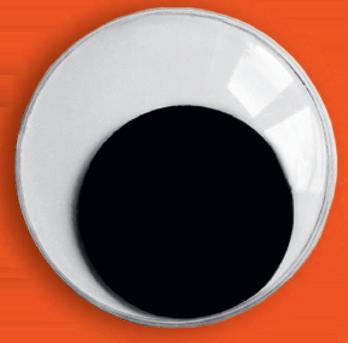

‘It made me cry, laugh and hug my daughter extra tightly’
BRYONY GORDON
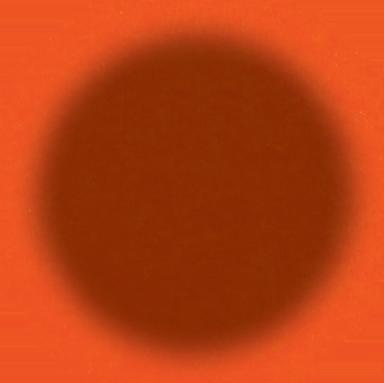
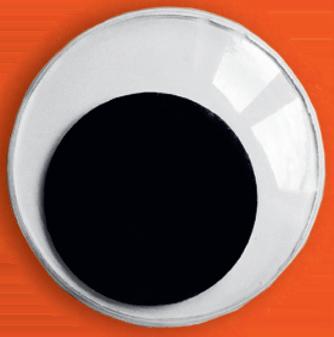
‘Psychologically astute, totally honest and beautifully written’ JULIA SAMUEL
‘Incredibly brave, generous and important’
CLOVER STROUD

CHRISTIE WATSON




‘It made me cry, laugh and hug my daughter extra tightly’
BRYONY GORDON


‘Psychologically astute, totally honest and beautifully written’ JULIA SAMUEL
‘Incredibly brave, generous and important’
CLOVER STROUD
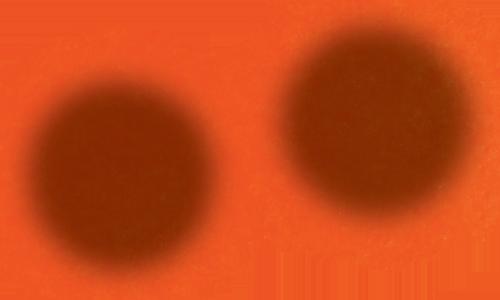
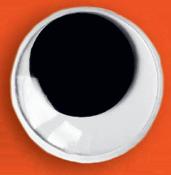
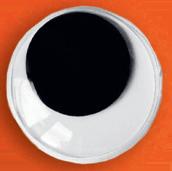
Christie Watson and
Chatto & Windus
london
Chatto & Windus, an imprint of Vintage, is part of the Penguin Random House group of companies whose addresses can be found at global.penguinrandomhouse.com
First published in the UK by Chatto & Windus in 2025
Copyright © Christie Watson and Rowan Egberongbe 2025
Christie Watson and Rowan Egberongbe have asserted their right to be identified as the authors of this Work in accordance with the Copyright, Designs and Patents Act 1988
penguin.co.uk/vintage
Printed and bound in Great Britain by Clays Ltd, Elcograf S.p.A.
The authorised representative in the EEA is Penguin Random House Ireland, Morrison Chambers, 32 Nassau Street, Dublin d02 yh68
A CIP catalogue record for this book is available from the British Library
isbn 9781784744595
Penguin Random House is committed to a sustainable future for our business, our readers and our planet. This book is made from Forest Stewardship Council® certified paper.
For Taylor, who is the very best of us.
Gen Z × Gen X is an equation even Einstein would have struggled with.
Trigger Warning: Discussions on mental illness, suicide, racism, transphobia, self-harm, and eating disorders.
This book is based on real events. However, names and details have been changed in order to protect identities. Kai, for example, is made up of composite experiences.
We would like readers to know that even with two sensitivity readers, legal advice and a brilliant editorial team all checking tone as well as words, there may be some content, or language, that will be triggering for some people. We are sorry if we have caused anyone offence. We wrote this book together, each working on our own sections, checking each other’s, and carefully editing. Both of us have done our best to write our truth and represent our individual experiences in a sensitive way, whilst acknowledging that our story will be completely different from other people’s. This includes the language used. We both chose to use she/her pronouns and gendered words in this book, such as ‘daughter’. Other people might prefer to use other language for themselves. The process of living through the last few years as well as writing together had us changing our minds about many difficult subjects. We will – no doubt – change our minds about many things in the future. There are millions of parents and teens out there, all figuring out how to navigate in their own unique and individual and complex and messy and beautiful ways. No Filters is our story.
The teenage years can be such a confusing time for mothers and daughters. I prayed for a baby girl and organised a humanist naming ceremony that I thought was progressive yet pinkthemed. Rowan believes gender is a damaging social construct and has changed her name from the one I gave her – Bella – to be less binary. I posted a black square on social media to mark the Black Lives Matter movement being more important than ever; Rowan said anti-racism has become a trend for white people to feel better about themselves. We are a little bewildered.
The idea for this book came about after Rowan recovered from sepsis, during the pandemic. The chaos of 2020 and shock of a life-threatening illness forced us to talk, to reconnect, to understand. Making sense of each other at a time when nothing made sense anchored us and reminded us of the only things that really matter. Our conversations made the ground beneath us feel more solid. Our curiosity in the other was a safety blanket. For the first time since Rowan was much younger, we talked every day, really talked, discovered how different were our perspectives on life, on matters ranging from our class backgrounds to huge movements gaining traction in the world: Black Lives Matter, trans rights, #MeToo. We discussed the global pandemic and climate crisis and threats to democracy. We spoke of gender, knife crime, and police brutality in America. We debated not only the state of geopolitics, economics, and religion, but also about drag, oat milk, knitting, and TikTok. As Rowan made a slow recovery in hospital and then at home, our words became more urgent, even more important.
I’d curl up next to her in bed for hours, fill my mind with her thoughts, fill hers with mine. On Deliveroo, urbanism, vampire narratives, misogyny, globalisation, consumerism, home décor, drugs and alcohol, divorce, Uber ratings, introversion, makeup, self-harm, baking, housing, freedom, nuclear war, the Royal Family. We argued, too. About activism, feminism, sex work, independence, meat. And about puppies, North Korea, imperialism, and beauty. Through hearing uncomfortable truths, listening, and self-exploration on both our parts, we forged a new understanding of each other and ourselves. In this age of division, of a widening gap between generations and a deep divide in perspectives, we ultimately found joy and humour in the grey areas between us. I felt pregnant with her once more – as if she was growing inside me, in my head instead of my belly. She saw me clearly, too; perhaps for the first time. In delving into the meaning of our own family, we somehow became more tolerant, hopeful, and optimistic about the future of our world. We really, really listened. I really, really listened. As a mother and daughter going through the storms of adolescence and peri-menopause as well as a pandemic, existential threats, and a rapidly changing culture, we somehow reconnected.
This traumatic pause at a pivotal moment both in our personal lives and in history was, it turns out, a precursor to a much bigger storm. After sepsis, after the pandemic, when life was returning to normal, mental illness stabbed our relationship in the heart. Rowan’s mental health breakdown came from nowhere and caught us both totally unprepared. Our deep-dive conversations morphed into misunderstandings, arguments, and finally silence. It affected her siblings, dad, stepmum, (now) stepdad, grandparents, teachers, neighbours, and friends, but it took me down entirely. I spent the best part of eighteen months
feeling like I could not leave the house in case she hurt herself, and lying awake all night listening for sounds of her pacing up and down, up and down, or of the bathroom door or the kitchen cupboards. I hid the knives, the lighters, the scissors; but of course nursing taught me that if she really wanted to hurt herself, she would find a way. I remember going into her bedroom one day, searching for anything that might be harmful and coming across her sewing kit from her younger years, sitting on her bedroom floor, and looking through the contents for needles to remove. I found a small tapestry she’d made when she was in a textiles phase. I pictured her younger self, my quirky, wonderful daughter, sitting for hours with swatches of different fabric, plotting what she would design and make. I took out anything sharp, and then I wept.
Parenting a mentally unwell teenager is a lonely place. People didn’t really understand. Not really. How could they? I would never have believed such pain and worry was possible had I not experienced it. A grief for your child and grief for their future. She lost herself as a daughter for a while, and I lost myself as a mum. But there was community, even in this. I discovered not only that we weren’t alone but also that literally dozens of friends were experiencing something similar. A friend’s daughter spent a year in an eating disorder treatment unit. Another was repeatedly hospitalised for self-harming. A friend’s son, who was always top of his class, found himself unable to leave his bedroom for months on end, and he lost his school place. Nurse friends in A&E echoed what I was experiencing at home. ‘We’ve never seen anything like it,’ one told me. ‘Mental illness is the number one thing that society should be concerned about; until we invest in our young people’s mental health, this dire situation is going to get worse. Kids are in so much emotional pain they are dying.’
What was happening to our children? Why, post pandemic, when things were returning to ‘normality’, were young people falling apart in such catastrophic ways?
We were lucky. After around eighteen months of utter chaos, Rowan’s mental health began to even out a fraction, and, therefore, mine did as well. As we clawed our way back, we began talking once more, sometimes in different ways. Humour helped. As did strange, weird quirks. Forgiveness, on both our parts, was everything. It was almost impossible to navigate what was illness, what was simply teenage drama, and what was, frankly, just being a bit of an arsehole – on both sides. But somehow, by communicating in sometimes inventive ways, checking our own behaviour and responses, apologising to each other, and forgiving ourselves for our mistakes, we built a bond strong enough to withstand the darkest of times. Through the tsunami of mental health issues, we discovered much about each other, and ourselves.
It turned out that even the worst of all times can be a gift . . .
This book is about surviving generational storms. It’s about what it means to be women, and how no mother and daughter live apart, no matter the distance between them.
Dear Bella,
I am giving you this letter on your eighteenth birthday, but that’s a long way off. Today, you are just two weeks old. I am writing this with you curled up like a comma on my lap. I can’t stop looking at you. I’m obsessed. You yawned! You blinked! You pooped! It’s incredible how these small things are the big things, really. It feels like a miracle, simply watching you sleep. You’re so tiny, yet already mighty. You’re content and completely happy on my lap, or on my breast, or shoulder, but the moment you’re away from me, all hell breaks loose. I feel the same, though I don’t shout quite as loudly. I don’t want to be away from you for a moment. I can’t stop staring at your face, your perfect toes, long arms, piano-player fingers. I have never known love like this. The world has surely never known love like this. Everyone says it, that love for your children is unconditional, and overwhelming, and pure. It is true. I have never felt in my life more human, or humble.
What a gift you are.
I don’t know what kind of mother I’ll make. I’m impatient, distracted, eccentric, often, like your grandad says, ‘away with the fairies’. I hope I don’t mess things up too much. You deserve the best mum in the world, and I fear I’ll just be about good enough. I’m sorry in advance for everything I get wrong. I hope you can forgive me.
Now you are eighteen, I wonder what kind of person you are, your interests and hobbies, ambitions and dreams. Imagining getting to know you as a woman makes my heart sing. But for now, today, I will smell your head and breathe you in, and sit and watch you a few more minutes. I’m in a state of total
awe, full of wonder about the nature of things. This mother–daughter love is surely deeper than the seas and wider than the sky. Your tiny newborn face contains all the possibilities of the universe.
On your eighteenth birthday, I wanted to remind myself, and remind you, of this time at the beginning. The meaning of all of it. Perhaps the meaning of life itself.
You are so loved.